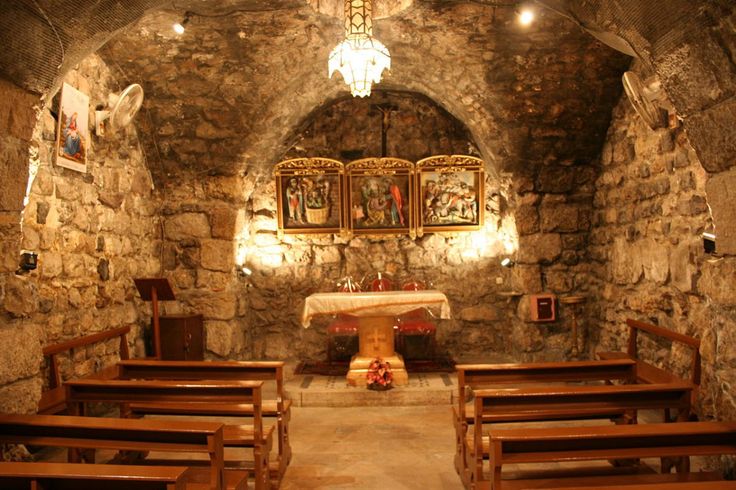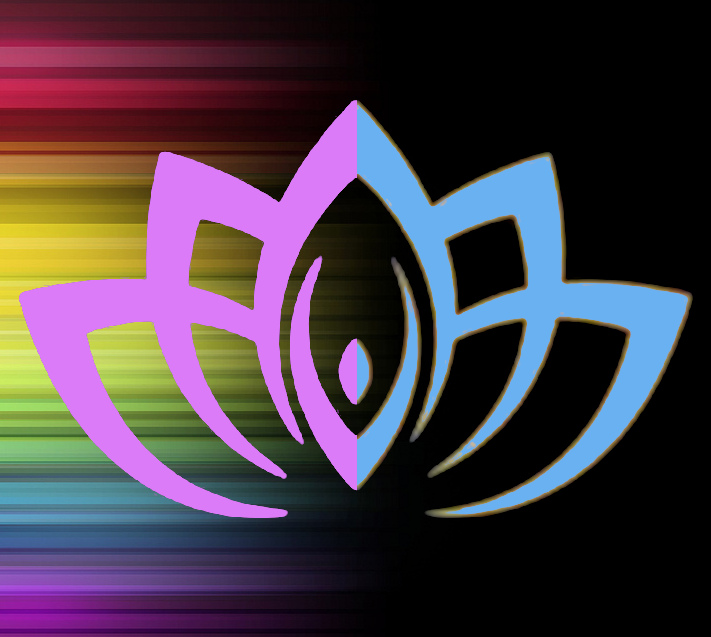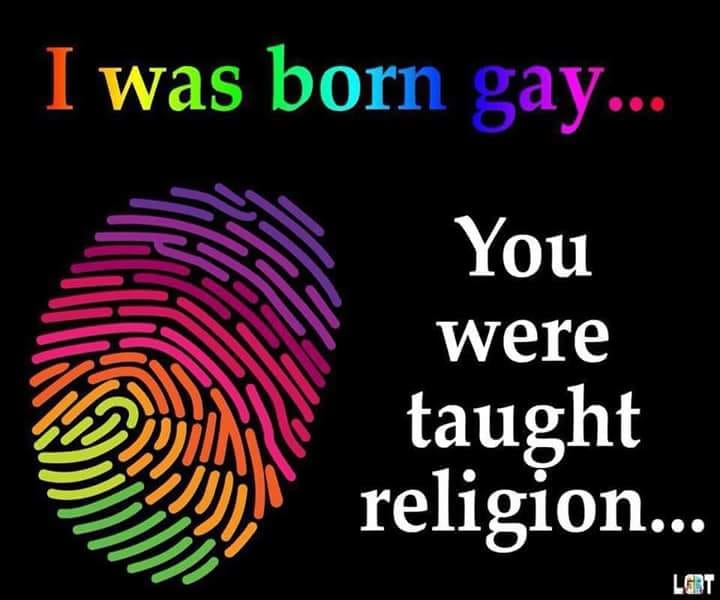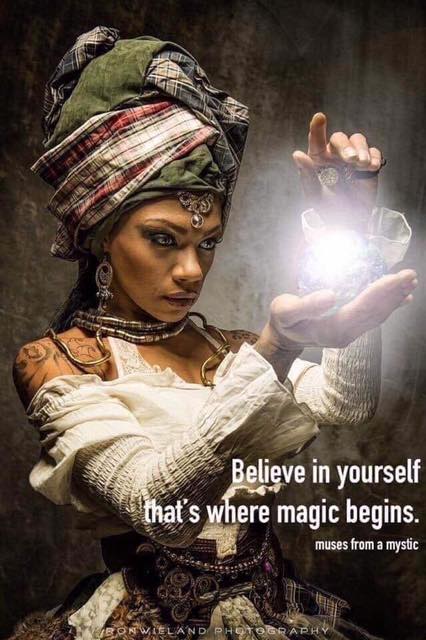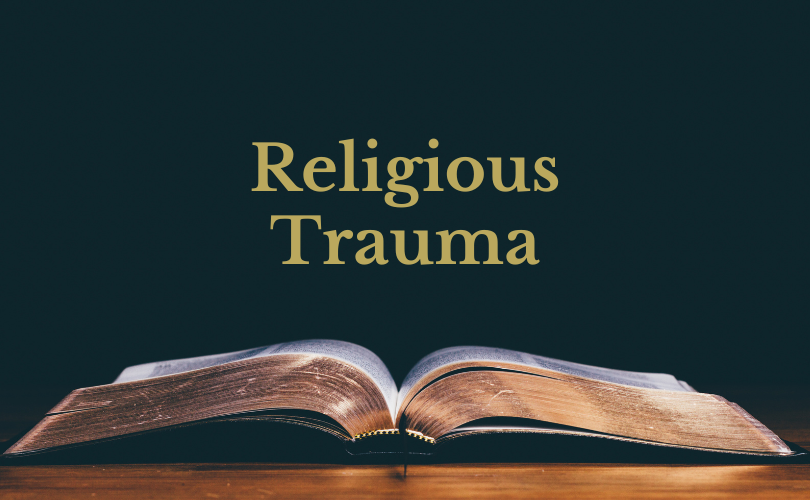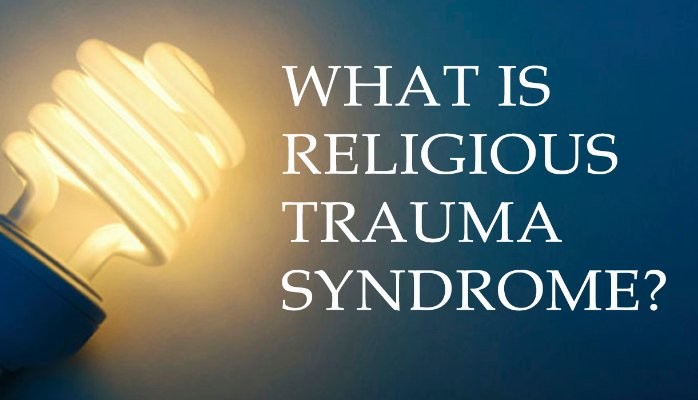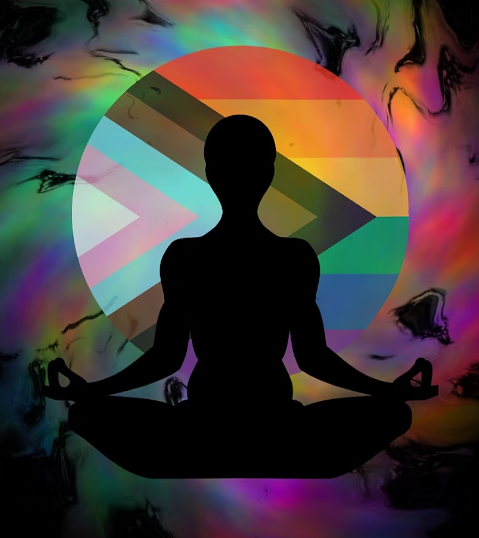
Introduction
LGBTQ+ spirituality is a broad term that encompasses the diverse spiritual beliefs and practices of lesbian, gay, bisexual, transgender, and queer people. It is a journey of self-discovery, acceptance, and love, as LGBTQ+ people seek to connect with their own spirituality in a way that is authentic and meaningful to them.
There is no one-size-fits-all approach to LGBTQ+ spirituality. Some LGBTQ+ people find solace and comfort in traditional religious traditions, while others prefer to create their own spiritual paths. There are also many LGBTQ-specific spiritual communities and organizations that offer support and guidance.
No matter what form it takes, LGBTQ spirituality is a powerful force for healing and transformation. It can help LGBTQ+ people to:
- Embrace their authentic selves
- Develop a deeper sense of self-love
- Connect with a supportive community
- Find meaning and purpose in life
- Heal from the wounds of homophobia and transphobia
Gay Spirituality
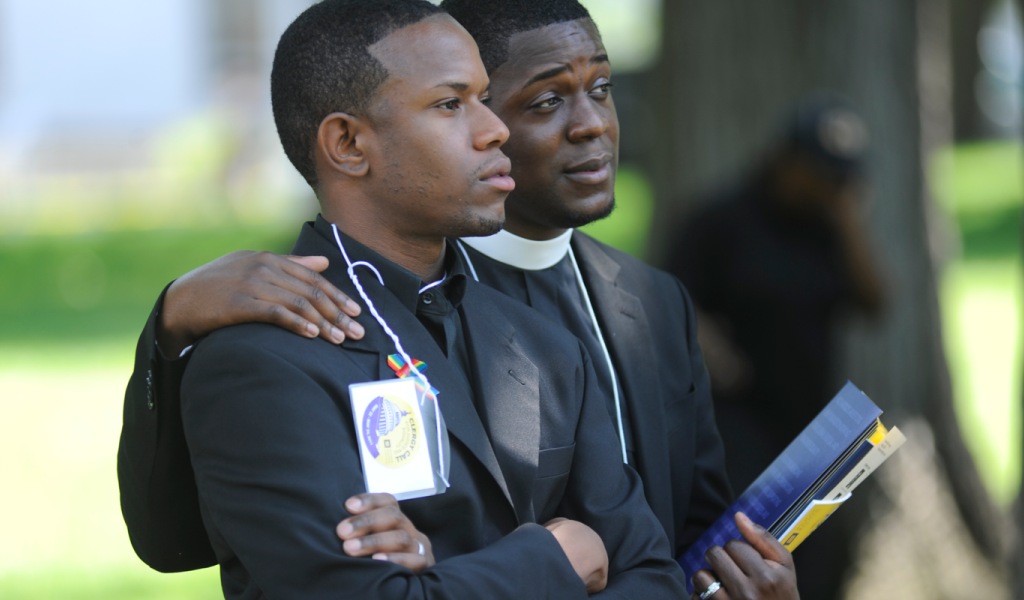
Gay spirituality is a specific branch of LGBTQ+ spirituality that focuses on the unique experiences and challenges of gay men. Gay men often face discrimination and prejudice, both within and outside of the religious community. This can make it difficult for them to find a spiritual path that is affirming and supportive.
However, there is a growing movement of gay spirituality that is challenging these stereotypes and creating new spaces for gay men to connect with their spirituality. Gay spiritual leaders and teachers are drawing on a variety of sources, including traditional religious teachings, queer theory, and personal experience, to develop new ways of thinking about and practicing spirituality.
Queer Spirituality
Queer spirituality is a more inclusive term that encompasses the spiritual experiences of all LGBTQ+ people, regardless of their sexual orientation or gender identity. Queer spirituality is often characterized by a rejection of traditional religious dogma and a willingness to explore new and innovative ways of thinking about spirituality.
Queer spiritual practitioners often draw inspiration from a variety of sources, including:
- Nature
- Art
- Music
- Poetry
- Activism
- Personal experience
Queer spirituality is often described as a journey of self-discovery and self-acceptance. It is a process of letting go of shame and guilt, and embracing one’s authentic self. Queer spirituality can also be a source of strength and resilience, helping LGBTQ people to navigate the challenges of life in a heteronormative society.
LGBTQ+ Spirituality in Action
There are many ways that LGBTQ+ people can express their spirituality. Some LGBTQ people choose to participate in traditional religious services and rituals. Others prefer to create their own spiritual practices, such as meditation, prayer, or journaling.
There are also many LGBTQ-specific spiritual communities and organizations that offer support and guidance. These communities can provide a safe space for LGBTQ people to explore their spirituality and connect with other people who share their experiences.
Here are some examples of how LGBTQ people are expressing their spirituality in action:
- LGBTQ-affirming churches are becoming increasingly common, offering a welcoming and inclusive space for LGBTQ people to worship.
- Queer meditation groups are popping up all over the world, providing a safe space for LGBTQ people to meditate and connect with their spirituality.
- LGBTQ-inclusive yoga classes are also becoming more popular, offering a way for LGBTQ people to move their bodies and connect with their spirits in a supportive environment.
- LGBTQ spiritual retreats offer a chance for LGBTQ people to come together and explore their spirituality in a deeper way.
Conclusion
LGBTQ spirituality is a diverse and vibrant field that is constantly evolving. As LGBTQ people continue to break down barriers and create new spaces for themselves, we can expect to see even more innovative and inspiring expressions of LGBTQ spirituality in the years to come.
Additional Resources
- God’s Beloved Queer: Identity, Spirituality, and Practice by Rolf R Nolasco Jr.
- The Book of Queer Prophets: 24 Writers on Sexuality and Religion by Ruth Hunt

